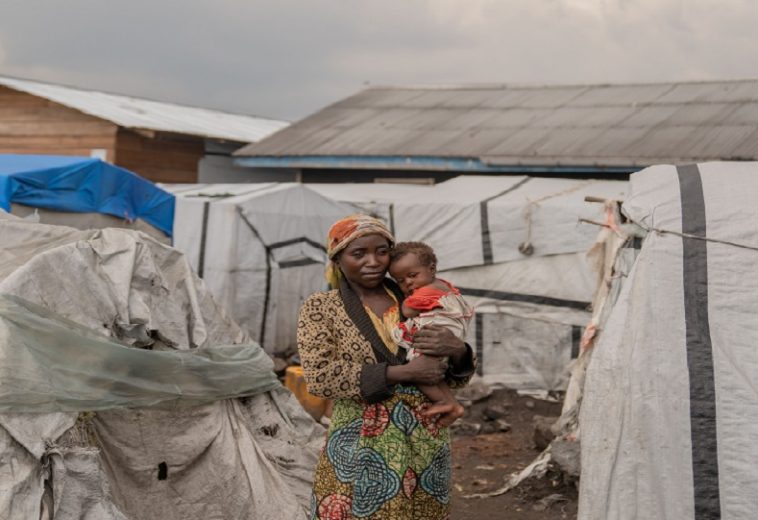Africa, rich in natural resources, faces critical environmental challenges driven by climate change, deforestation, and biodiversity loss. With pressures from industrialization, agriculture, and urban expansion, the continent is increasingly adopting sustainable practices to balance economic growth with environmental responsibility and long-term viability.
Deforestation, primarily fueled by agricultural expansion, logging, and infrastructure development, poses a severe threat to African ecosystems. According to the Food and Agriculture Organization (FAO), Africa lost over 3.9 million hectares of forest annually between 2015 and 2020. This deforestation has dire consequences, including habitat destruction, reduced biodiversity, and higher greenhouse gas emissions.
Some corporations are addressing these issues through innovative strategies aimed at reducing deforestation. Agricultural, forestry, and energy companies are adopting sustainable practices, including agroforestry, which integrates trees into agricultural landscapes, promoting biodiversity and improving soil health while maintaining productivity.
Biodiversity loss is another pressing issue, as animal species face extinction due to habitat destruction and climate change. This crisis has motivated some corporations in Africa to adopt preservation measures aimed at protecting biodiversity and ecosystem resilience. Companies such as Coca-Cola and Unilever, in partnership with NGOs, are working on habitat protection and reforestation projects, wildlife conservation programs, and community education on sustainable practices.
To mitigate climate change, many corporations are investing in renewable energy projects across Africa. These projects help reduce reliance on fossil fuels, cut carbon emissions, and improve energy access in underserved regions, thereby supporting economic development. The Africa Climate Business Plan, developed by the African Development Bank, underscores the private sector’s critical role in financing green initiatives that align with sustainable development goals.
Given the complexity of environmental challenges in Africa, collaboration among stakeholders has become essential. Corporate partnerships with governments, NGOs, and local communities are increasingly common. For example, the Sustainable Trade Initiative (IDH) collaborates with businesses and local producers to promote sustainable agricultural practices, pooling diverse expertise and resources to address deforestation, biodiversity loss, and climate change.
As these environmental challenges intensify, corporate responsibility in Africa has never been more critical. Companies are recognizing that sustainable practices are essential not only for ethical reasons but also for their long-term success. Through innovative strategies, collaborative efforts, and a commitment to sustainability, the corporate sector in Africa is poised to play a pivotal role in addressing these urgent environmental issues.
While challenges persist, momentum is building. With continued investment in sustainable practices, corporations can contribute to a resilient future for Africa—one where economic growth and environmental health coexist.




